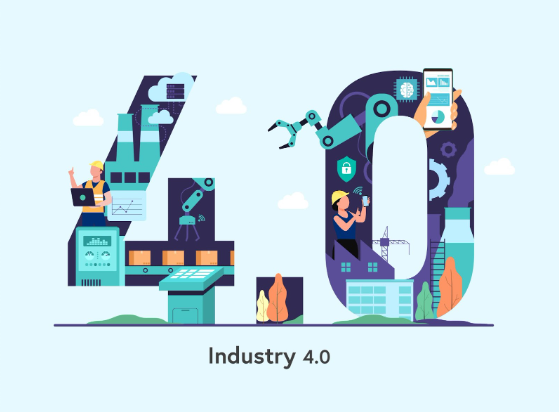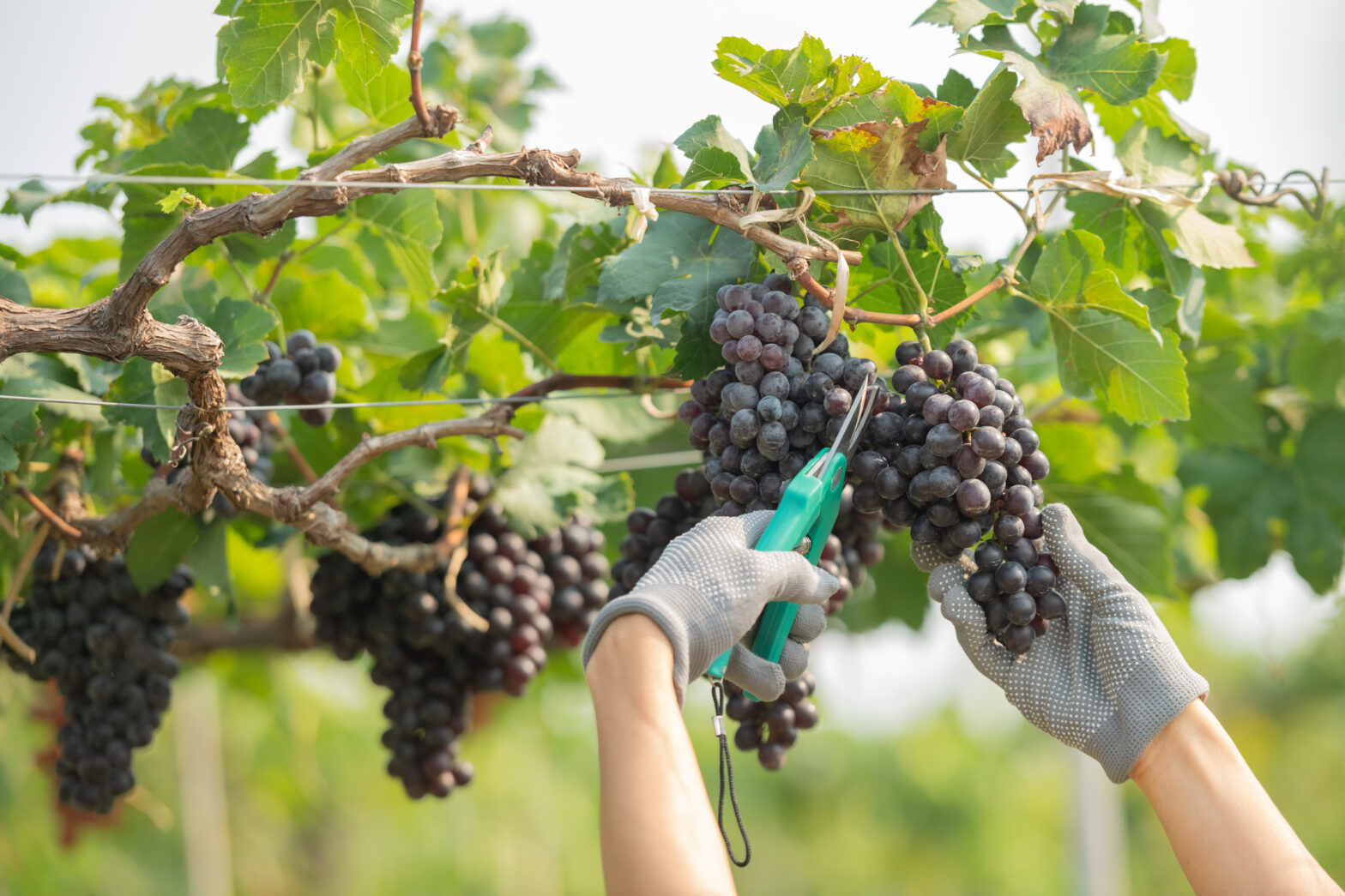The pandemic has boosted e-commerce and home deliveries, highlighting the
importance of the "last mile" in the customer experience. Logistics increasingly requires data management and the adoption of technologies such as artificial intelligence, Big Data, and the Internet of Things to meet consumer demands. Despite the growth of e-commerce, digitalization in the logistics sector in Spain is still lagging behind.
Optimizing the last mile is achieved through smart warehouses, route optimization with Big Data, and real-time tracking, which improves profitability and the customer experience.
Logistics 4.0: Technology to Win the Last Mile







